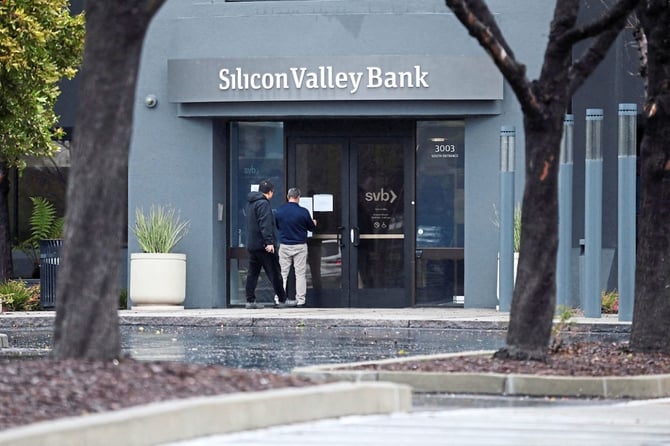Chinese Firms Try to Calm Investors after SVB Collapse

The failure of Silicon Valley Bank (SVB), which was trying to gain more traction with Chinese tech start-ups, has caused widespread concern in the world’s second-largest economy. The founders and
management of at least a dozen prominent Chinese firms have rushed to calm investors by saying their exposure was extremely small and not meaningful.
At the time of its collapse, SVB was working with almost half of all venture-backed tech and
healthcare companies in the US. The company also had an active Chinese joint venture, which was set up in 2012 to target the country’s tech elite.
The SPD Silicon Valley Bank, which was equally owned by SVB in the US and local Chinese partner Shanghai Pudong Development Bank, hastily made an announcement over the weekend that its operations were rock solid, adding that its Chinese balance sheet was independent from that of its US joint-venture partner.
SVB Financial Group, the parent company of SVB, also has two business consulting firms and one financial service firm in mainland China.
What does this mean for me?
Worries about the failure of SVB have sparked fear around the world, as investors fret about the broader risks to the global banking sector and any potential contagion into local markets.
In a bold move to bolster confidence in the American banking system, the Biden administration on Sunday guaranteed that customers of SVB and Signature Bank, which was also closed by regulators,
will have access to all their money. That action appears to have appeased global markets, not least of all the edgy Chinese market.
More News

China’s Export Decline Highlights Strain in US Trade Relations
18 hours ago
.webp)
Canada’s Budget Falls Short of Economic Breakthrough
1 day ago

OpenAI and Amazon Combine for AI Powerplay
2 days ago

Saudi Arabia Channels Oil Wealth into a $3 Billion AI Power Play
3 days ago

IMF Warns Of Small But Plausible Chance AI Bubble Could Burst
3 weeks ago
.WEBP)
Fed Dovish Tilt Lifts Equities as Gold Moves to Fresh Record
3 weeks ago

China’s Global Exports Grow as U.S.-Bound Flows Contract
3 weeks ago

China Tightens Rare-Earth Controls Ahead of Possible Trump–Xi Talks
4 weeks ago